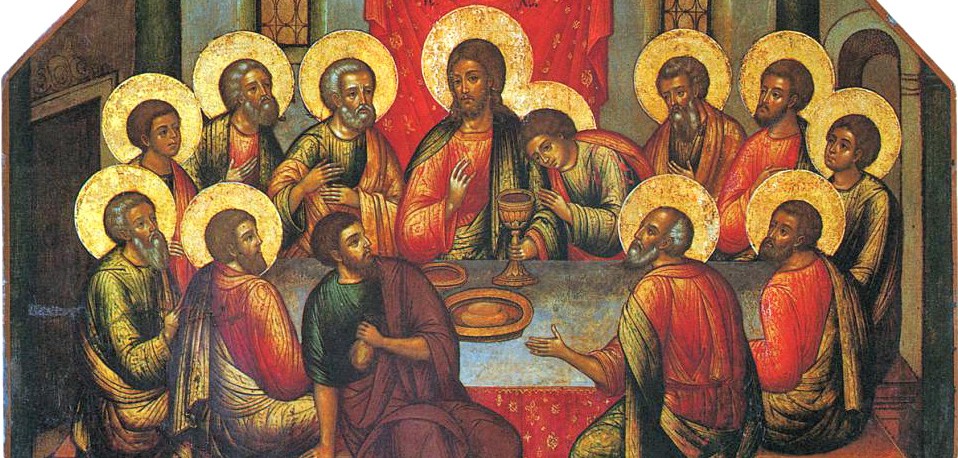The Summit and Source
National Liturgical Council

The many riches contained in the one word of God are admirably brought out in the different kinds of liturgical celebrations and liturgical assemblies. This takes place as the unfolding mystery of Christ is recalled during the course of the Liturgical Year, as the Church's sacraments and sacramentals are celebrated, or as the faithful respond individually to the Holy Spirit working within them. For the liturgical celebration, based primarily on the word of God and sustained by it, becomes a new event and enriches the word itself with new meaning and power. Thus in the liturgy the Church faithfully adheres to the way Christ himself read and explained the Scriptures, beginning with the 'today' of his coming forward in the synagogue and urging all to search the Scriptures (LM:I:3).
The word of God is the foundation of all liturgical celebrations since Christ is really present in this word proclaimed in the assembly. It is through hearing the word of God that the faithful are enabled to respond to God in their lives. The word is nourishment which readies the spirit to understand and recognise Jesus just as the disciples did on the road to Emmaus (Luke 24). Once the word has been proclaimed the community are called to live out what they have heard through the homily.
The prayers, chants and other texts of the liturgy have their basis in the word. Composers are encouraged to base their hymnody on the word.
While the word of God underpins the liturgy, the celebration of Eucharist is the peak. This celebration has two main parts: the Liturgy of the Word and the Liturgy of the Eucharist. These two are so intimately connected that there is no Eucharist without the Word. Introductory and Concluding rites complete the celebration.
The centre of the celebration is the Eucharistic prayer, since this is the moment when the gifts of bread and wine are changed into the body and blood of Christ through the action of the Holy Spirit. Through this change Christ is really present substantially and continuously under the form of bread and wine. The presider may choose from a number of Eucharistic prayers, along with a variety of prefaces, according to the rubrics for the day.
The Eucharist is the efficacious sign and sublime cause of that communion in the divine life and the unity of the People of God by which the Church is kept in being. It is the culmination both of God's action sanctifying the world in Christ and of the worship men offer to Christ and through him to the Father in the Holy Spirit (CCC 1325).
The Eucharist is the source and summit of the Christian life to which the whole activity of the Church is oriented and from which all her energy flows. At the Last Supper, in the context of the meal, Jesus took bread, blessed, broke and gave it to his disciples; he took a cup of wine, blessed it and gave it to his disciples. This simple action is the memorial we celebrate in the Eucharist, one which brings the sacrifice of Christ into the present. This sacrificial meal nourishes the Church to move out into the world with the energy and passion of Christ to bring about the reign of God. Jesus called his disciples to do this in his memory. The Church believes that:
the Sacrifice of the Cross and its sacramental renewal in the Mass, which Christ the Lord instituted at the Last Supper and commanded the Apostles to do in his memory, are one and the same, differing only in the manner of offering, and that consequently the Mass is at once a sacrifice of praise and thanksgiving, of propitiation and satisfaction (GIRM 2).
Image Attribution - The Last Supper, Simon Ushakov
